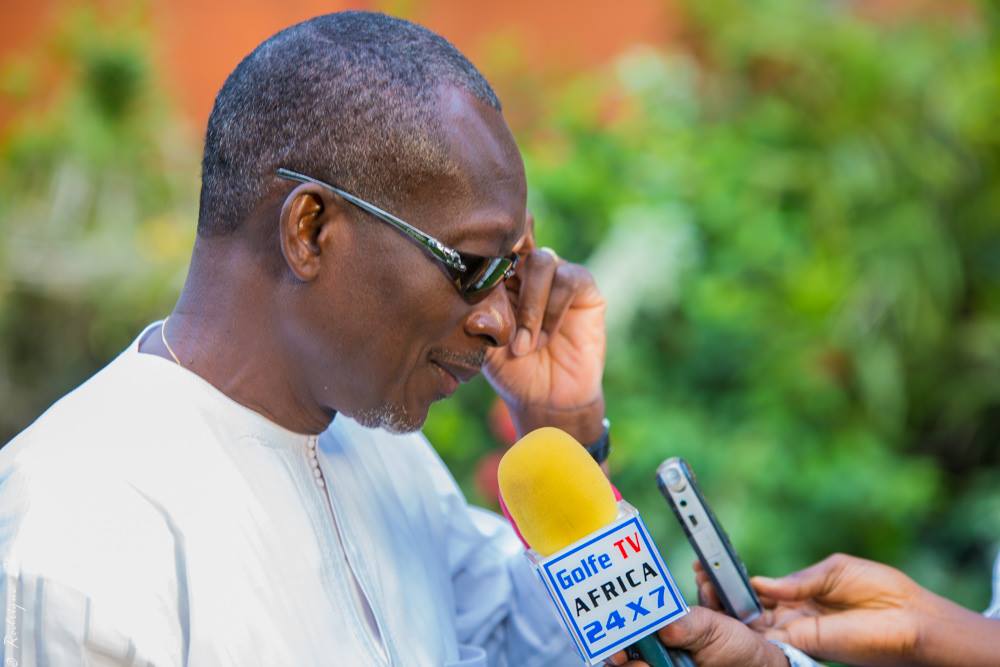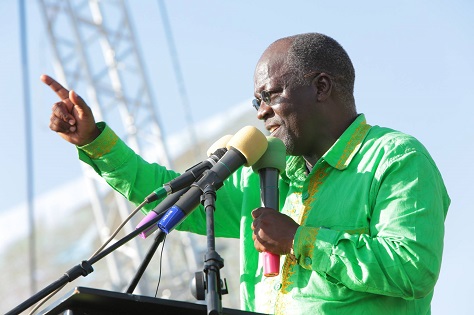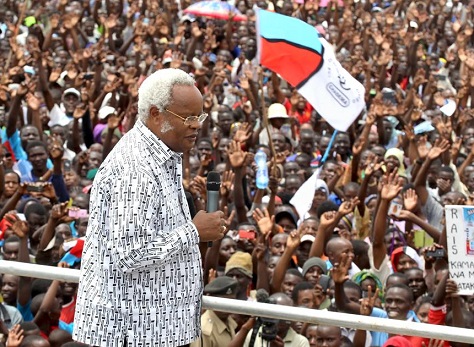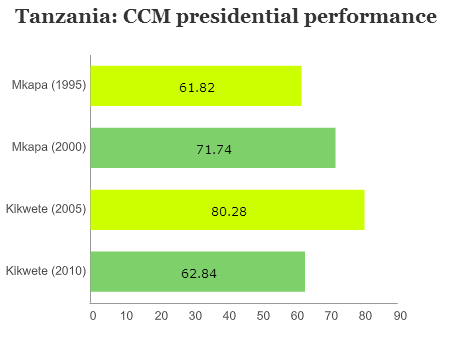
Earlier this month, voters in five countries across Africa went to the polls in what some global news outlets called ‘Super Sunday’ across the continent. 
In three of those countries, the results were foregone conclusions in what no one would describe as truly free and fair elections:
- In the Republic of the Congo, known as ‘Congo-Brazzaville,’ because it lies to the west of the far larger Democratic Republic of the Congo to its east, Denis Sassou Nguesso easily won reelection — he’s held power since 1979, barring a short-lived hiatus from 1992 to 1997, after his ousting in a presidential election.
- In Niger, a country of over 17 million in west Africa, Mahamadou Issoufou easily won reelection after first taking power in 2011. The opposition had boycotted the vote.
- Ali Mohamed Shein easily won reelection as the president of Zanzibar (an autonomous region of Tanzania) after the opposition boycotted a re-run of a flawed election last October.
But in Benin, a sliver of a country nudged between Togo and Nigeria on the west African coast, voters selected someone who might be considered ‘Trumpian’ in his own right — a business tycoon who dominates the country’s most important industry, cotton production, who drives around in imported Jaguars and Porsches and wears designer clothes, a tycoon whose wealth comes in ample part from connections to the right people, a ‘bad boy’ who swept to power with no real government experience.
Patrice Talon, that Beninese businessman, easily won the presidency in a March 20 runoff with 65.37% of the vote to just 34.63% for former prime minister Lionel Zinsou. In the first round on March 8, Zinsou led with 28.44% to just 24.80% for Talon.
But no emerging democracy is perfect. Continue reading Benin’s version of Donald Trump wins presidential vote



